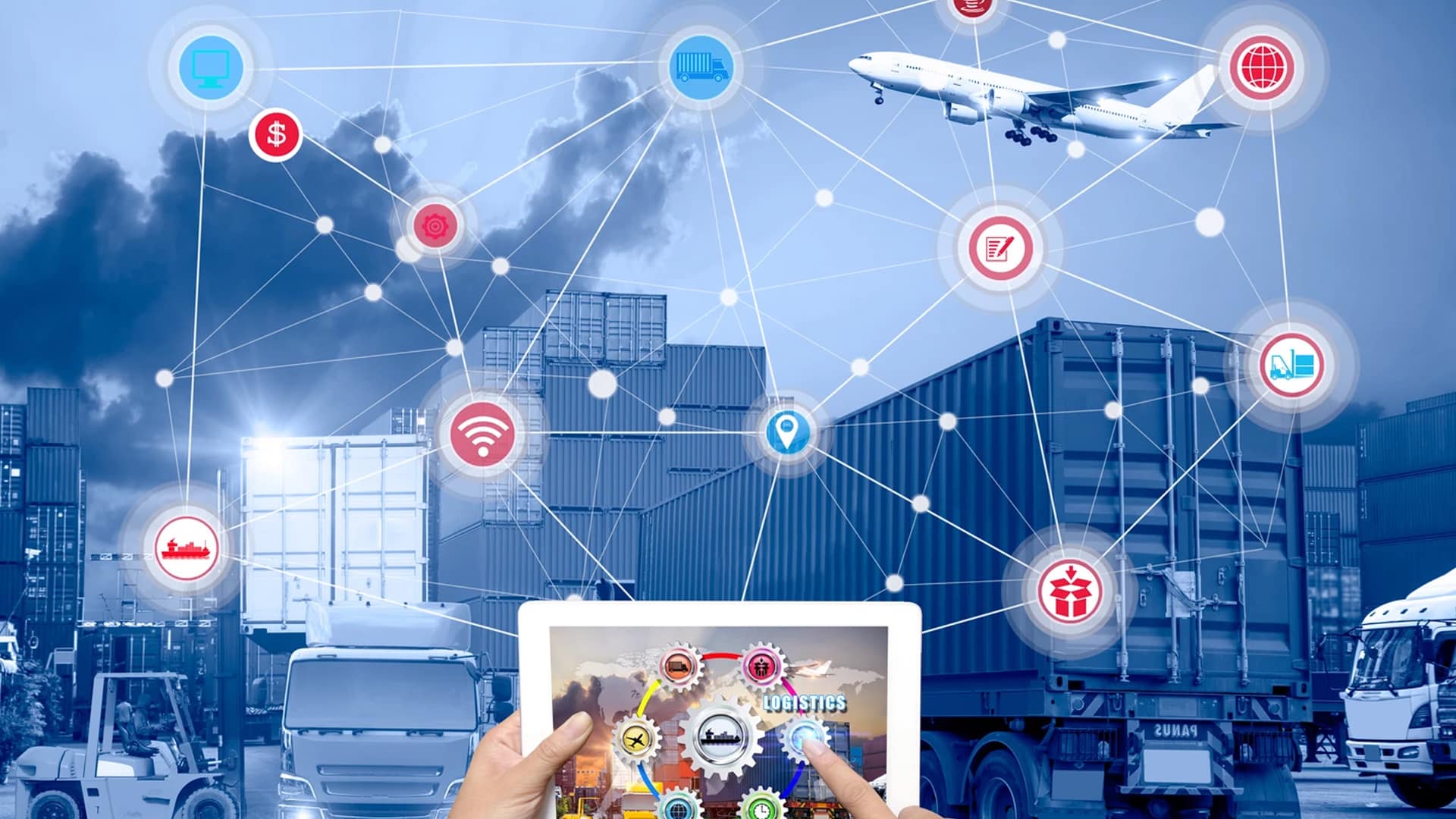Smart computers help companies move goods better than before. These tools make shipping faster and cheaper for businesses everywhere. Workers can now focus on important tasks while machines handle routine work.
Modern technology and advanced software are significantly improving supply chain efficiency today. Smart systems powered by AI and predictive analytics can identify potential issues in warehouses before they occur. This proactive approach helps businesses save both time and money on a daily basis. With the rapid integration of digital tools and automation software, the general logistics industry is evolving faster than ever.
Smart Warehouses Lead the Way
Robots work in warehouses to sort packages very quickly now. These machines can lift heavy boxes without ever getting tired. They move items to the right places without making mistakes. Smart warehouses help the general logistics industry save lots of money.
Automated systems scan barcodes and track inventory levels all day. Workers use tablets to see where everything is stored instantly. These tools reduce the time needed to find specific items. Better organization leads to faster shipping times for customers.
AI Powers Better Route Planning
Smart computers find the best roads for delivery trucks daily. They consider traffic jams and road construction when planning routes. Drivers save fuel by taking shorter paths to destinations. The artificial intelligence in supply chain helps reduce delivery costs significantly.
Weather forecasts help systems choose safe routes during storms. GPS technology shows drivers exactly where to go next. These tools prevent trucks from getting lost in unfamiliar areas. Better planning means packages arrive on time more often.

Predictive Analytics Prevents Problems
Smart systems look at past data to predict future needs. Companies can prepare for busy shopping seasons ahead of time. They order the right amount of supplies without wasting money. Better predictions help businesses serve customers much more effectively.
Data analysis shows which products sell best during different months. Companies can stock popular items before customers want them. This prevents running out of important products during sales. The artificial intelligence in supply chain makes inventory management much easier.
Real-Time Tracking Improves Service
Modern tracking shows customers exactly where their packages are now. People can see delivery times on their phones instantly. This reduces calls to customer service departments every day. Companies fix problems quickly when they spot delivery issues early.
Sensors on trucks send location updates throughout entire journeys. Managers know when vehicles break down or get delayed. Quick responses help companies maintain their delivery schedules better. Real-time information helps everyone make smarter shipping decisions.
Automated Systems Cut Costs
Smart machines identify ways to spend less money on operations. They find waste in fuel usage and storage space. These systems suggest better ways to pack trucks completely. Cost savings add up to significant amounts over time.

Energy-efficient systems reduce electricity bills in warehouses and centers. Smart lighting only works when people are present. Automated controls prevent human errors that cost money regularly. The general logistics industry benefits greatly from these cost reductions.
Machine Learning Enhances Efficiency
Computers learn from past mistakes to work better tomorrow. They remember which shipping methods work best for customers. Smart systems get faster at solving common problems over time. This continuous improvement helps companies stay ahead of competitors.
Machine learning finds patterns in shipping data that humans miss. These insights help managers make better business decisions daily. Smart systems optimize processes without needing constant human supervision. The artificial intelligence in the supply chain gets smarter with every shipment.
Customer Service Gets Smarter
Chatbots answer customer questions any time of day or night. These tools provide instant responses about orders and delivery schedules. Customers get help even when human workers go home. This improves satisfaction levels and builds stronger customer relationships.
Smart systems predict when customers will need to reorder products. They send helpful reminders and special offers at the perfect times. This convenience makes people more likely to buy again. Better service leads to positive reviews and more business.
Supply Chain Visibility Increases
Smart sensors track products from factories to customer doorsteps. Companies can see problems in their supply chains immediately. This visibility helps managers fix issues before they affect customers. The general logistics industry becomes more reliable with better tracking.

Data sharing between companies improves coordination throughout supply chains. Everyone knows when shipments will arrive at their locations. This prevents delays and reduces waiting times significantly. Better communication leads to smoother operations for all businesses involved.
Future Technology Brings New Opportunities
Drone deliveries will become common in many cities soon. Flying vehicles can reach places that trucks cannot access. These innovations create new jobs and business opportunities everywhere.
Self-driving trucks will handle long-distance shipping routes safely. Human drivers can focus on local deliveries and customer service. New technology creates different types of jobs while changing existing ones. The artificial intelligence in supply chain opens doors for career advancement.
Investment in AI Technology Pays Off
Companies that adopt smart systems early gain competitive advantages. They serve customers better while spending less money on operations. Smart technology investments typically pay for themselves within two years. Early adopters often become market leaders in their industries.
Employee training on new systems helps workers learn valuable skills. Companies that invest in education see better results overall. Workers who understand smart technology become more valuable to employers. This creates opportunities for promotions and higher salaries.
Security and Safety Improvements
Smart cameras and sensors monitor warehouse activities around the clock. They detect unusual behavior and alert security teams immediately. These systems prevent theft and protect valuable inventory effectively. Advanced security features keep workers safe during their shifts.
Automated safety checks ensure equipment works properly before each use. Smart systems shut down machines when they detect potential problems. This prevents accidents and reduces workplace injuries significantly. Safety improvements protect both workers and company property from harm.
Environmental Benefits Through Smart Operations
Smart routing reduces fuel consumption and carbon emissions from trucks. Electric vehicles powered by clean energy help companies go green. Automated systems optimize energy usage in warehouses and distribution centers. These improvements help the logistics industry protect our environment better.
Digital paperwork eliminates the need for printing thousands of documents. Smart systems track everything electronically without wasting paper resources. The general logistics industry will keep growing with advancing technology. Green practices attract environmentally conscious customers and business partners. Follow Dp worldnews, if you want to know more about AI





